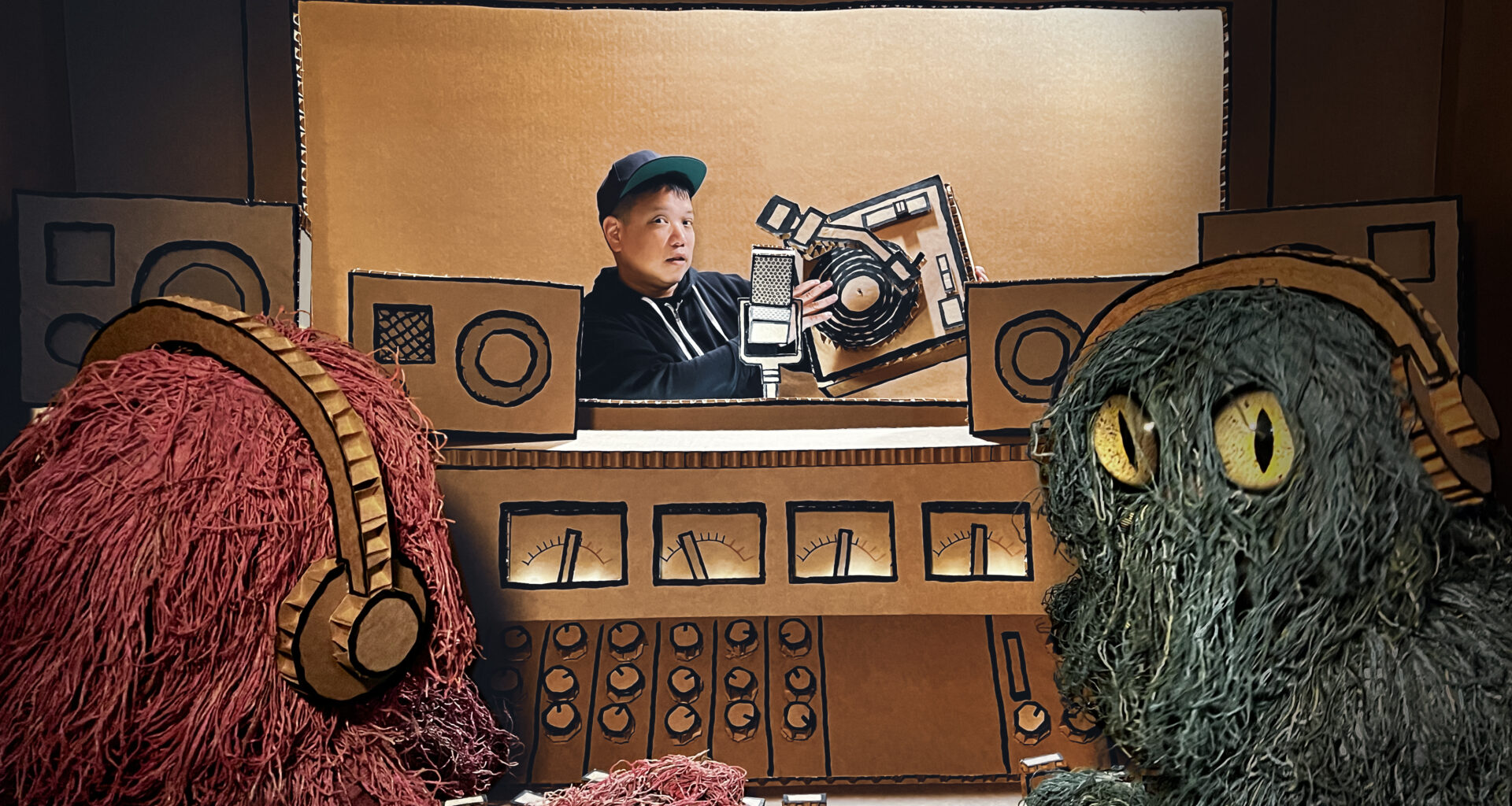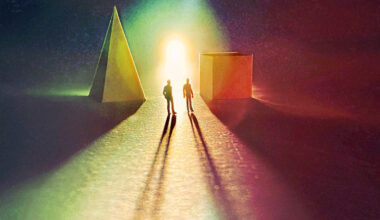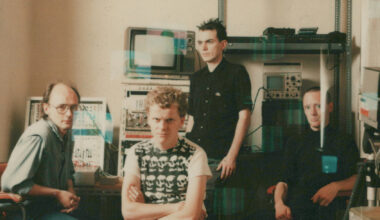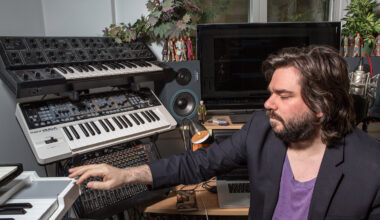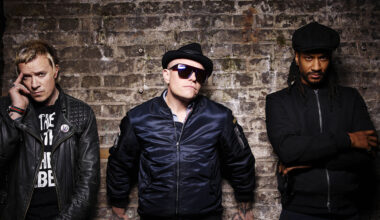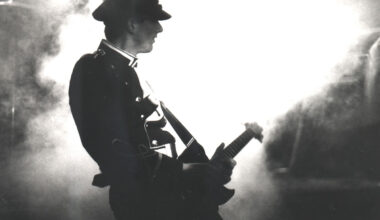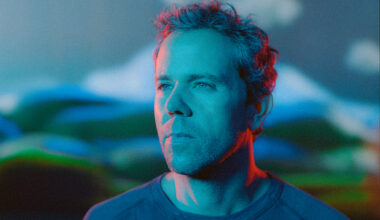Typically big on imagination and hoping to “joyfully connect people”, renowned Canadian DJ and producer Kid Koala puts his multifarious skills to good use on his new double album, ‘Creatures Of The Late Afternoon’ – with a built-in board game, to boot
Want to read more?
Sign up to Electronic Sound Premium to gain access to every post, video, special offers, and more. 100%, all you can eat, no commitment, cancel any time.
Already a premium member? Log in here
